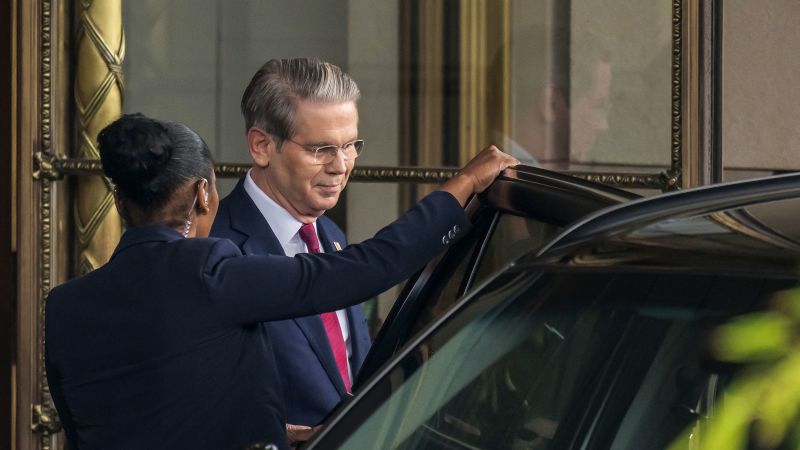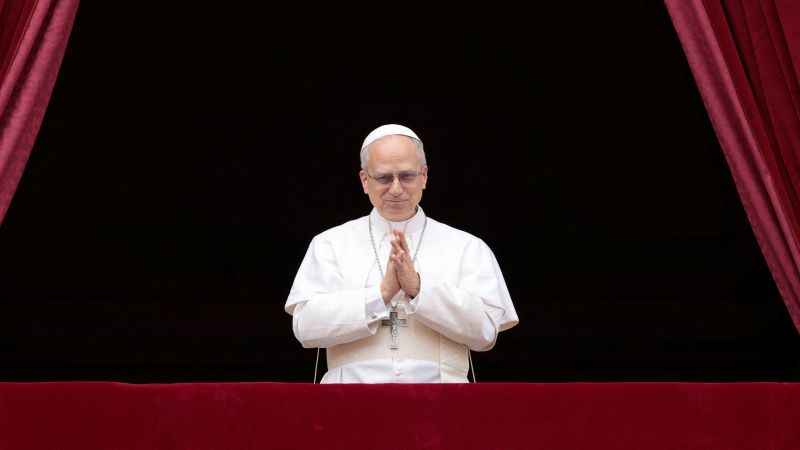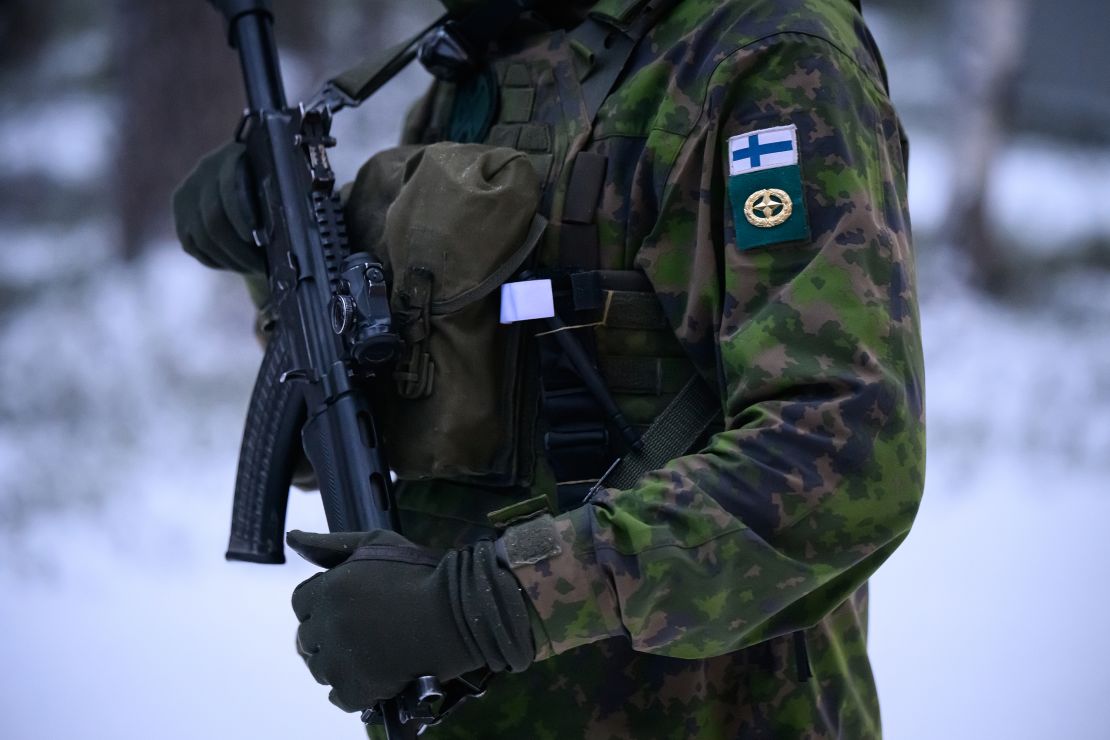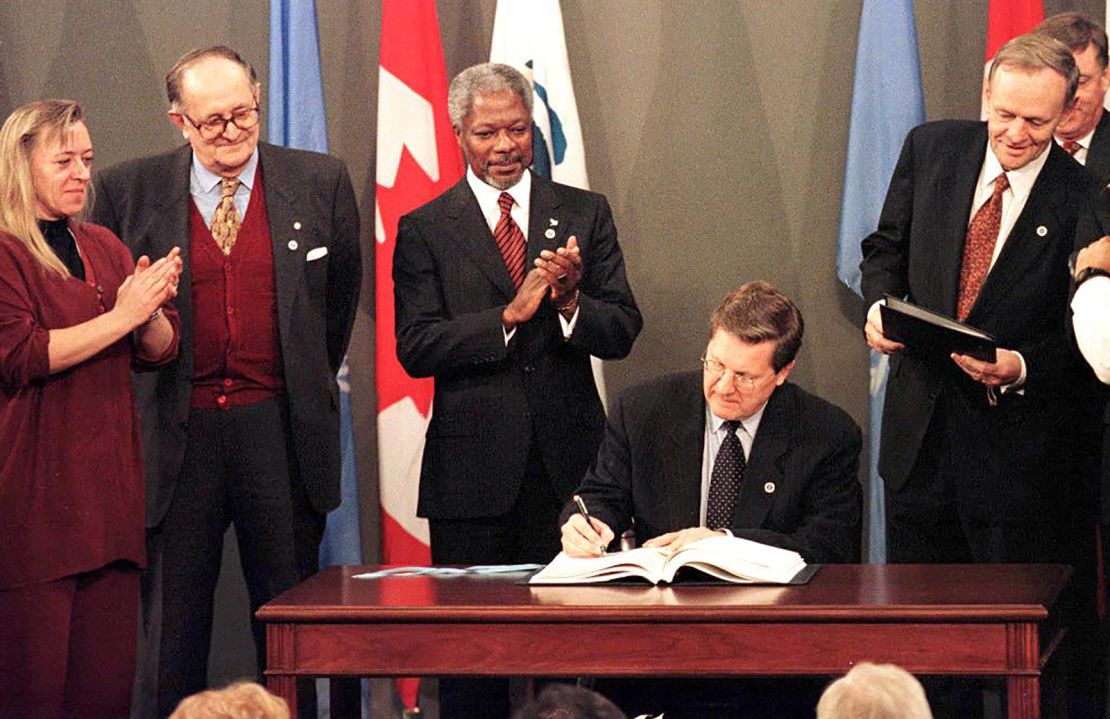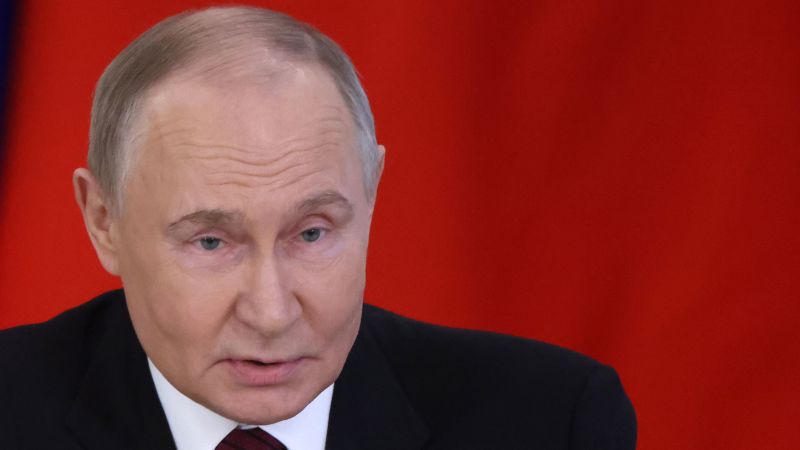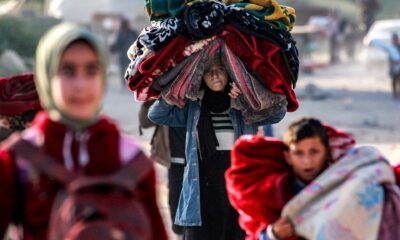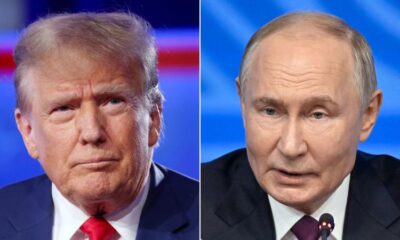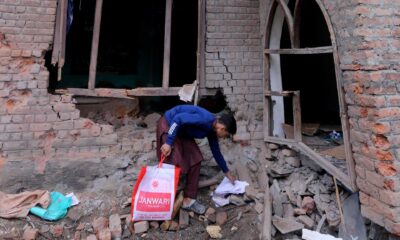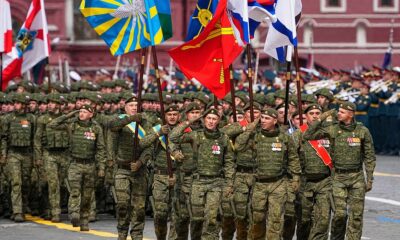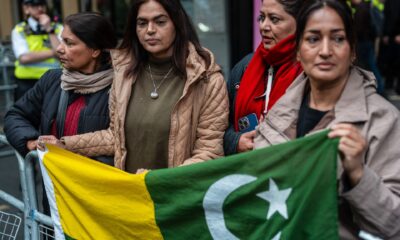CNN
—
They are considered one of the world’s most dangerous, and indiscriminate, weapons. Yet five European countries have turned their backs on an international treaty on the use of landmines, citing the growing threat from Moscow.
Finland, Poland, Latvia, Estonia and Lithuania – which all border Russia – have made moves to pull out of the Ottawa Treaty, the agreement that bans the use of anti-personnel landmines, which are designed to kill or maim if stepped on.
The developments have alarmed campaigners, who see the reintroduction of the weapons – which have killed or disfigured tens of thousands of civilians around the world and can contaminate an area for decades after a conflict ends – as a concerning regression.
The treaty, which also bans the weapons’ production and stockpiling, was signed in 1997, and was one of a series of agreements negotiated after the Cold War to encourage global disarmament. Since then, it has been credited with significantly reducing the harm from landmines.
Responding to Finland’s decision to leave the agreement, human rights NGO Amnesty International warned that the Nordic nation was endangering civilian lives, describing it as a “disturbing step backwards.”
The decision “goes against decades of progress on eliminating the production, transfer and use of inherently indiscriminate weapons,” the NGO warned.
At the start of this year, the pact had 165 member states. But major powers, including Russia, China, India, Pakistan and the United States, never signed up to it.
In a joint statement in March, Poland and the three Baltic states announced their withdrawal, arguing for a rethink on which weapons are – and which ones are not – acceptable in the face of Russia’s aggression.
The countries said they needed to provide their armed forces with greater “flexibility and freedom of choice,” to help them bolster the defense of NATO’s eastern flank.
The following month, in April, Latvia became the first country to formally withdraw from the treaty after its parliament strongly backed the proposal, meaning that after a grace period of six months, Riga would be able to start amassing landmines again.
Also that month, Finland unveiled plans to join Latvia. Explaining the decision, Finland’s Prime Minister Petteri Orpo told journalists that Russia poses a long-term danger to the whole of Europe. “Withdrawing from the Ottawa Convention will give us the possibility to prepare for the changes in the security environment in a more versatile way,” he said.
The announcements come as U.S. President Donald Trump has doubled down on efforts to wrap up the war in Ukraine, which has stoked fears in neighboring states that Moscow could re-arm and target them instead.
Keir Giles, a senior consulting fellow of the Russia and Eurasia program at the thinktank Chatham House and author of the book “Who will Defend Europe?,” believes that if and when Russia’s grinding conflict in Ukraine does come to an end by whatever means, Moscow will be readying itself for its next target.
“Nobody is in any doubt that Russia is looking for further means of achieving its objective in Europe,” Giles told CNN.
For Giles, the military benefits of using landmines are clear. The underground explosives, he said, can slow an invasion, either by redirecting oncoming troops to areas that are easier to defend, or by holding them up as they attempt to breach the mined areas.
They can be particularly beneficial for countries looking to defend themselves against an army with greater manpower. “They are a highly effective tool for augmenting the defensive forces of a country that’s going to be outnumbered,” he said.
He believes the five countries leaving the treaty have looked at the effectiveness of the weapons, including their use in Russia’s war on Ukraine, in deterring invading forces.
However, he stressed that the Western countries wouldn’t use landmines in the same way as Moscow’s forces, saying there were “very different design philosophies” in the manufacturing of mines and cluster munitions between countries that aren’t concerned with civilian casualties or may willingly try to cause them, and those that are trying to avoid them.
In Ukraine, extensive Russian minefields laid along Ukraine’s southern front lines significantly slowed a summer counteroffensive launched by Ukraine in 2023.
Ukraine is deemed by the United Nations to be the most heavily mined country in the world. In its most recent projections, Ukraine’s government estimates that Moscow’s forces have littered 174,000 square kilometers (65,637 square miles) of Ukraine’s territory with landmines and explosive remnants.
This means Ukrainian civilians, particularly those who have returned to areas previously on the front lines of the fighting, are faced with an ever-present risk of death.
“The large-scale contamination of land by explosive ordnance has created an ‘invisible threat’ in people’s minds,” Humanity & Inclusion, an international charity helping those affected by poverty, conflict, and disaster, warned in a February report on the use of landmines in Ukraine. “As a result, people’s movements are extremely reduced or restricted, they can no longer cultivate their land and their social, economic, or professional activities are hindered.”
According to findings from Human Rights Watch published in 2023, Ukraine has also used antipersonnel landmines during the conflict and has received them from the US, despite Kyiv being a signatory of the 1997 ban.
In comparison, Finland, Poland and the Baltic nations say they would remain committed to their humanitarian principles when using the explosives, despite withdrawing from the ban.
When announcing its plans to leave the Ottawa Treaty, Helsinki stressed it would use the weapons in a humane manner, with the country’s president Alexander Stubb writing on X, “Finland is committed to its international obligations on the responsible use of mines.”
While the responsible use of landmines is a complex issue, measures to reduce civilian harm can include making precise records of minefields and their locations, educating communities to their dangers and the clearance or neutralization of the weapons once the conflict is over.
Despite such pledges of responsibility, the move away from the Ottawa Treaty has left campaigners horrified.
Landmines have killed or maimed tens of thousands of civilians across the world and continue to cause harm. In its 2024 report, the Landmine and Cluster Munition Monitor found that at least 5,757 people were killed and wounded by mines and explosive remnants of war across the globe in 2023, with civilians making up 84% of that number.
Alma Taslidžan, from Bosnia, was displaced from her homeland during the war of the early 90s, only to return with her family to a country laced with landmines – a contamination issue she says plagues the country to this day.
Now working for disability charity Humanity & Inclusion, she described the five countries’ decision to pull out of the treaty as “absolute nonsense” and “the most horrible thing that could happen in the life of a treaty.”
She told CNN that the arguments for banning landmines have not changed since the Ottawa Treaty was formed in the 1990s. “Once it’s in the ground, it’s a danger. It cannot distinguish between the foot of a civilian and the foot of a child and the foot of a soldier.”
She continued, “We are surprised that such advanced militaries like the Finnish, like the Estonians, Lithuanians, Latvians, would consider putting this hugely indiscriminate weapon in their military strategy, and what is worse, putting it in their land.”
Yet, for some, the new, precarious security reality that Europe is facing means that previous red lines are now up for discussion.
This is the case for Giles, who sees the latest developments as a recognition from these countries that treaties on landmines were “an act of idealism which has proven to be over-optimistic by developments in the world since then.”

